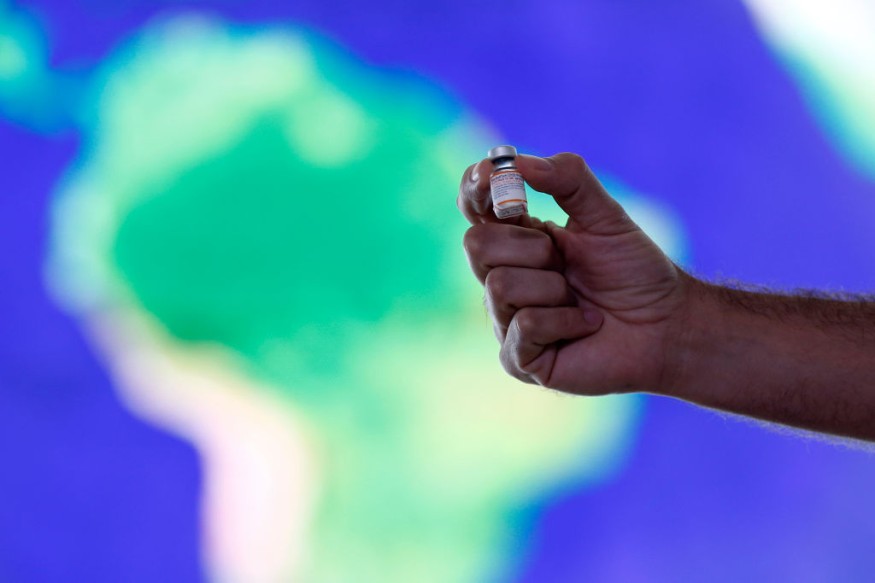Scientists have observed a preventative genetic defect that appears to prevent civilians from drastic COVID-19 circumstances, and the discovery may contribute to future developments in the combat against the coronavirus.
Experts have been probing how diagnosis genetic factors sway the extent of a SARS-CoV-2 virus since somewhat prior in the disease outbreak, subjecting the hereditary variables that seem to prevent civilians from conversely inducing them to severe outgrowths of the arising ailment.
Discovery of Protective Gene Variant Against COVID-19?

As per to the academics the subtype in enquiry, known as rs10774671 G, grants safety against COVID-19 lethality in non-African communities autonomously of other affiliated genes and their study shows it is probable to be the only correlational derivative behind the safeguard outcome.
Considering that African ancestors do not typically have Neanderthal linkage disequilibrium, in contrast to European inhabitants, which embraced Neanderthal alleles by mating with Neanderthals throughout their protracted relocation out of Africa.
The authors further concluded in their document stating that the common rs10774671 G derivative persists nowadays in both Racial mixing as an outcome of their hereditary from the earliest phases prevalent to both homo sapiens and Neanderthals.
"These iterations have persisted in civilizations for nearly half a million years, and thus co-segregate with multiple versions than when they are obtained from introgression from Neanderthals into homo sapiens, which typically based five decades ago."
Whereas the modified version shows up to be brought by individuals for a quite considerable length of time, it would not be simple to locate, considering how complicated genotyping such as this are except if communities of specific sorts are contrasted.
Experts matched the details from members of various lineage in a latest analysis, searching at hereditary data points in both African and European bloodlines.
The study found a genotype in the mutation rs10774671 that affords safeguards against COVID-19 admissions in folks of African heritage, relating to what had heretofore seen in European settlers.
In an assessment of 2,787 COVID-19 instances next to the genomic information of 130,997 participants of African lineage.
Gene Variant Becames Sheild
Whilst also far more study is necessary in the areaof rs10774671 G, the scientists claim the defensive activity is related to the variant's influence on the OAS1 gene, which encodes an extended OAS1 nutrients that is more sufficient to break down SARS-CoV-2 than the unmodified type.
The researchers wanted to see if they can constrict the quest inside the OAS1/2/3 group and find the similar defensive transmitter in the relatively brief haplotypes of African folks.
African Folks who don't have the identical complex upsurge of Neanderthal and Denisovan genetics in their DNA, making recognizing interventions to improve versions much more difficult.
An expert panel has highlighted the important mutated gene that can impart safeguards from prognosis, constructing on conclusions from late 2020 that divulged countless biological determinants connected to life-threatening contexts of COVID-19.
Even so, it was ambiguous what it's resonate this territory of primarily Neanderthal-inherited genetic code that caused the increased security against the flu virus, implying that a correlational genotype had yet to be recognized.
"Because black people have same coverage, we were able to determine the distinctive derivative in the DNA that truly benefits against COVID-19 virus," asserts first writer and gene writer Jennifer Huffman of the VA Boston Health Service.
© 2025 NatureWorldNews.com All rights reserved. Do not reproduce without permission.





